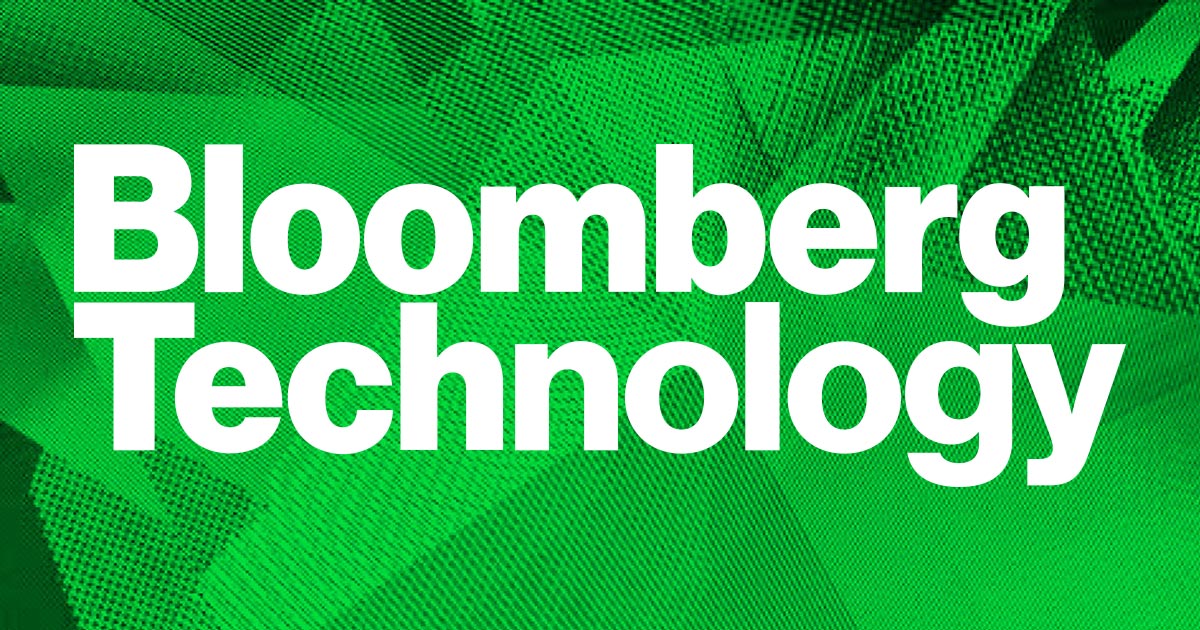The BBC has threatened legal action against AI search engine Perplexity, escalating tensions between publishers and technology firms over the use of copyrighted news content to train artificial intelligence models.
According to the Financial Times and other published reports, in a letter to Perplexity CEO Aravind Srinivas, the BBC alleges that Perplexity’s “default AI model” was trained using BBC material and demands the startup cease all scraping of its content, delete any copies used for AI development, and propose financial compensation for the alleged infringement.
This is the first time the BBC has sought legal recourse over content scraping by AI companies, according to the FT, reflecting mounting concerns that its freely available public sector content is being widely repurposed without authorization. The broadcaster claims that parts of its content have been reproduced verbatim by Perplexity, with links to BBC articles surfacing in search results, including material that was only recently published online. BBC executives argue that such practices undermine the BBC’s reputation for impartial journalism and erode public trust, citing internal research that found 17% of Perplexity responses using BBC sources contained significant inaccuracies or missing context.
Perplexity is backed by Amazon founder Jeff Bezos and is reportedly finalizing a funding round at a $14 billion valuation. The FT reported that it dismissed the BBC’s claims as “manipulative and opportunistic,” asserting that the broadcaster fundamentally misunderstands technology, the internet and intellectual property law. The company maintains that it does not build or train foundational models but rather provides an interface for users to access models from OpenAI, Google and Anthropic, with its own system based on Meta’s Llama and refined for accuracy. Perplexity has previously faced legal challenges from News Corp subsidiaries and received cease and desist letters from other major publishers, but has also signed revenue-sharing agreements with outlets such as Time, Fortune and Der Spiegel.
“It is therefore highly damaging to the BBC, injuring the BBC’s reputation with audiences — including U.K. license fee-payers who fund the BBC — and undermining their trust in the BBC,” the broadcaster wrote in its letter to Perplexity, according to the Financial Times.
Recent coverage by PYMNTS has highlighted growing friction between generative AI companies and publishers over content scraping, with Perplexity frequently at the center of such disputes. PYMNTS has reported on similar legal threats from the New York Times and Dow Jones, as well as the launch of Perplexity’s publisher revenue-sharing program in response to mounting industry backlash.








 English (US) ·
English (US) ·